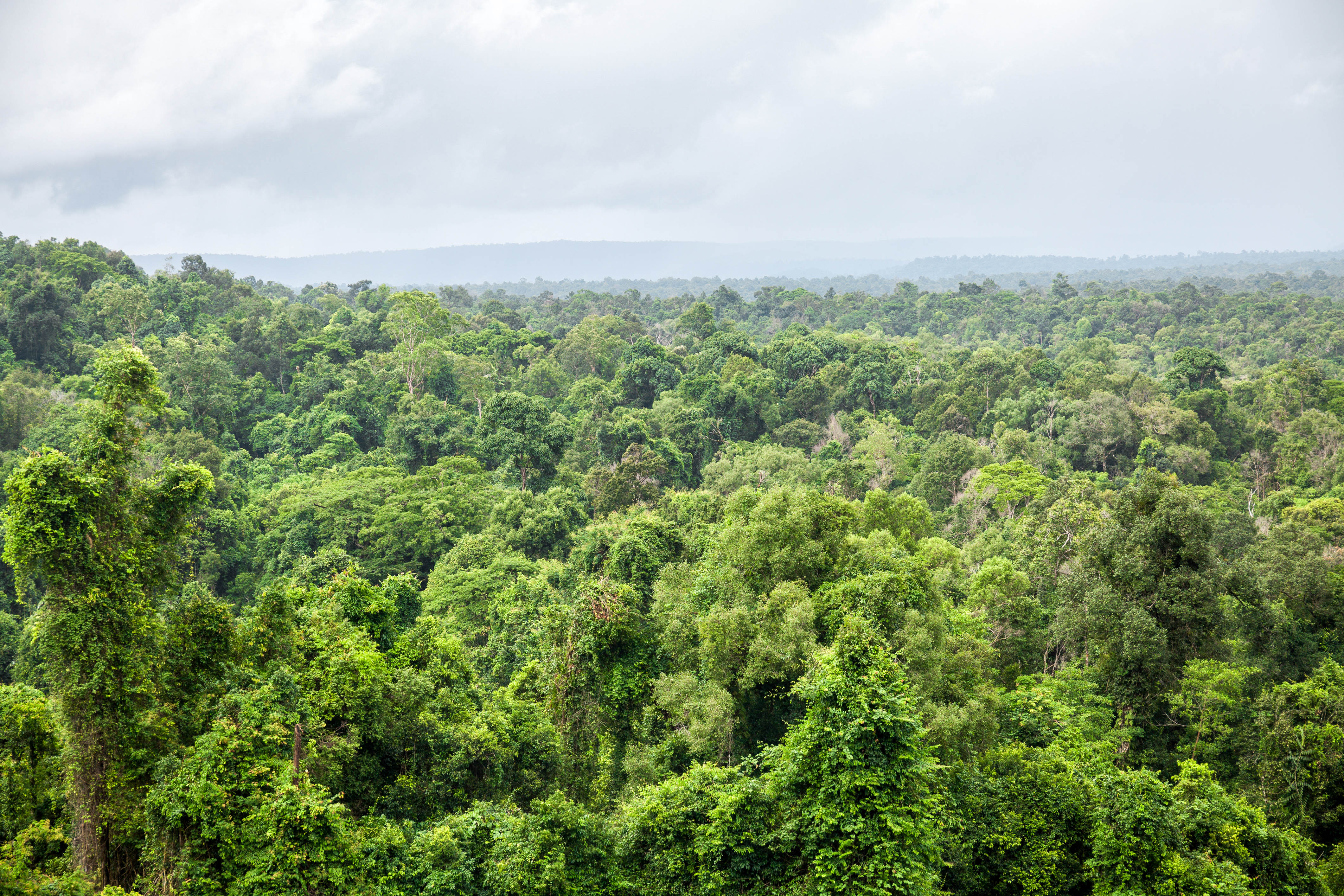COP27 Forests and Climate Leaders’ Partnership – An Opportunity for Enhancing Livelihoods in Ghana
November 14, 2022

At the ongoing UN climate negotiations in Sharm El Sheikh, Egypt, the President of Ghana joined leaders from 25 other countries and the European Union to launch the Forests and Climate Leaders’ Partnership (FCLP). This was in fulfilment of the landmark declaration made at COP26 in Glasgow to halt and reverse forest loss and land degradation by 2030. The COP26 declaration, which is now endorsed by some 145 nations has been seen by many as a great opportunity by the world to show a united front in addressing the challenges faced by its forests and forest dependent resources. The FCLP coming right on the heels of the Glasgow declaration should provide hope and clear intent of the worlds’ governments to take this a step further.
Delivering more benefits to communities
The Forests and Climate Leaders’ Partnership , to be co-chaired by Ghana and the United States, will seek to provide ways to facilitate and, in some cases, enhance cooperation on the delivery of pledges made in Glasgow. The partnership will also scale ambitions and help find innovative solutions to ongoing challenges in managing forests and forest resources. This presents good opportunities, especially for forest fringe communities in Ghana that have over the years worked with various partners to restore and conserve forests. With the FCLP, communities in forest landscapes such as the Asunafo-Asutifi area, a designated Hotspot Intervention Area under the Ghana Cocoa Forest REDD+ Programme (GCFRP), and others that have been collaborating with UNDP, the Ghana Cocoa Board and the Forestry Commission can look to benefiting from the pledges made in Glasgow through clearly defined results-based payments arrangements. Already, through the GCFRP, communities (including those supported under UNDP-supported interventions) have started receiving results-based Carbon payment of about 4.8million US dollars in recognition of the results attained from implementing the related interventions.
As part of the Glasgow Declaration, world leaders agreed to reaffirm international financial commitments and significantly increase finance and investment from a wide variety of public and private sources, while also improving its effectiveness and accessibility, to enable sustainable agriculture, sustainable forest management, forest conservation and restoration, and provide support for Indigenous Peoples and local communities. In furtherance of this, $12 billion has been pledged by governments over a 5-year period, with some $2.67 billion already spent on interventions aimed at protection, restoration, and sustainable management of forests. In addition, at COP27 public and private donors have pledged to mobilize a further $4.5 billion to advance these efforts. A 100% increase in the total amount of finance has been mobilized for the purchase of high-integrity emissions reductions credits as part of the LEAF coalition.
Building on existing initiatives
With UNDP’s ongoing collaborations with the Ghana Forestry Commission and other partners through interventions such as the Ghana Shea Landscape Emission Reductions project (GSLERP), the Environmentally Sustainable Practices in Cocoa Landscapes (ESP Phases I – III) and other similar interventions, local communities in Ghana can also expect to receive payments from these pledges provided they sustain the interventions initiated through these projects.
Community-empowering initiatives, such the Community Resource Management Area (CREMA) which allows the communities to actively pursue forest protection actions, and well-designed off-reserve tree planting initiatives are key entry points that can potentially lead clear results and subsequent payments down the line. The payments can help farmers enhance sustainable and climate smart agricultural practices that can enhance yield and increase incomes. It can also provide financial support to CREMAs to further strengthen community task force to enhance prevention of illegalities, such as unsanctioned logging, that in most cases, causes losses to farmers through the destruction of crops.
As the President of Ghana, Nana Addo-Dankwa Akuffo Addo rightly indicated in his speech at the launch of the FCLP, this Partnership will provide a unique space for intergovernmental collaboration and coordinated action with the inputs of non-state partners and stakeholders. It means that SDG 17 will continue to be key if the world and Ghana, for that matter, can win the fight to restore our forests and enhance livelihoods of its citizens. UNDP Ghana and partners will continue to support the people of Ghana in pulling this off.
###
By Ayirebi Frimpong, Forest Specialist, UNDP Ghana

 Locations
Locations



